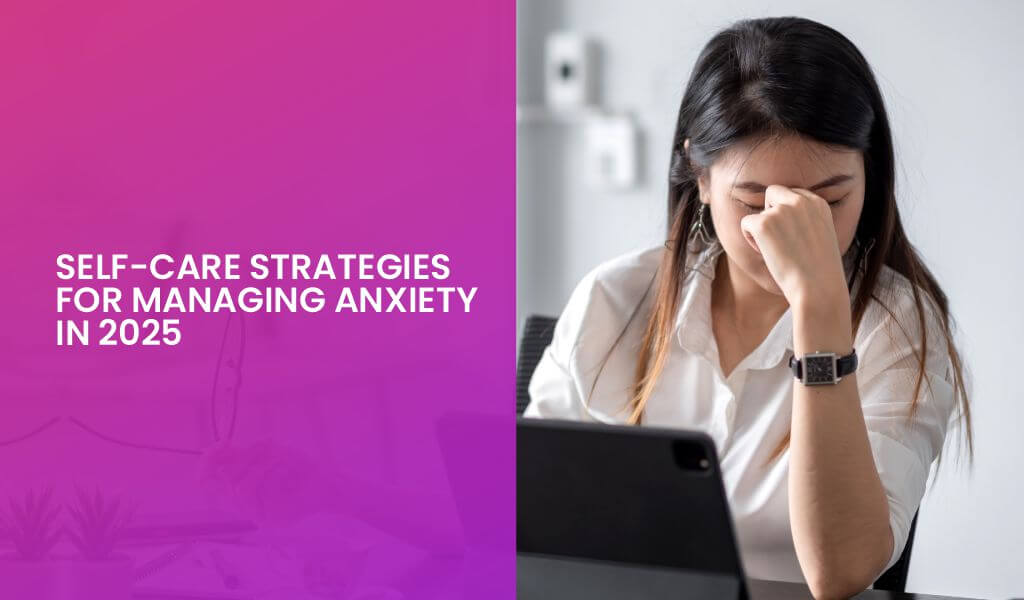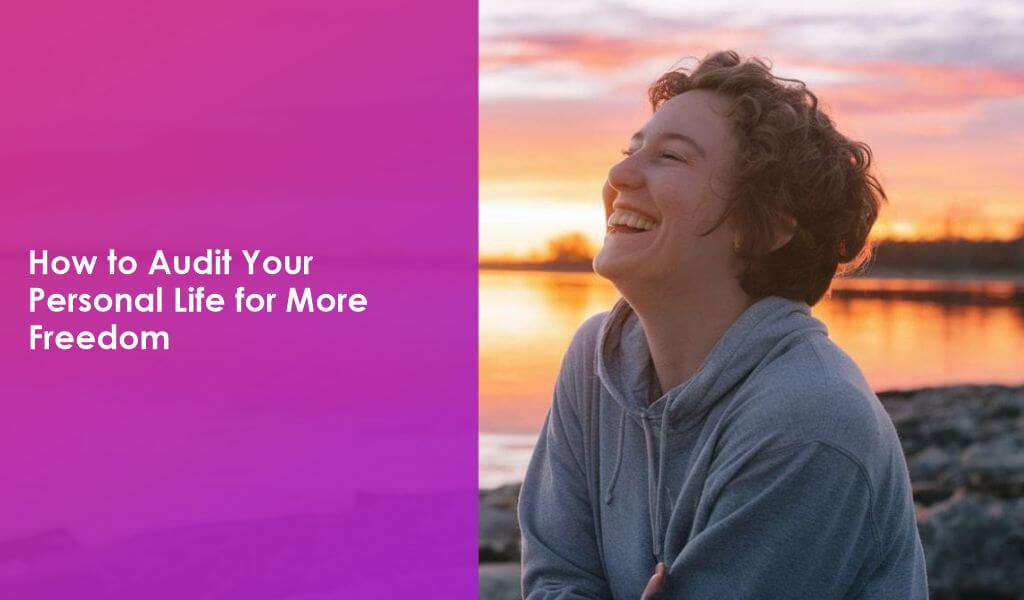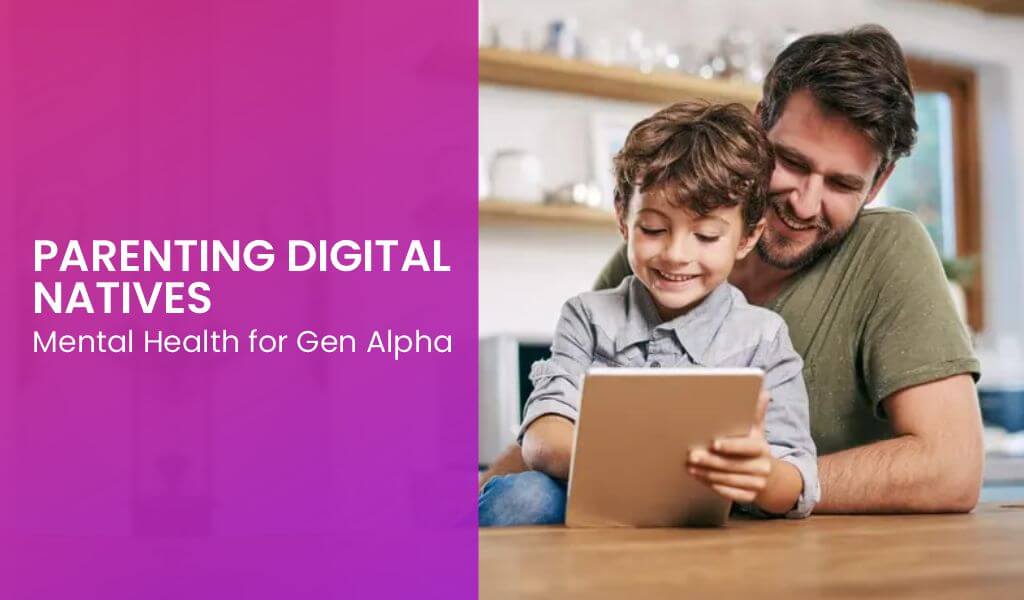
Self-Care Strategies for Managing Anxiety in 2025
Anxiety is something most of us know all too well. Between long workdays, financial stress, global uncertainties, and the constant pressure of being “always on,” it’s no wonder anxiety has become one of the most common mental health struggles. If you’ve ever felt your heart racing during a quiet evening or found yourself lying awake overthinking small decisions, you’re not alone. The good news is that with the right self-care strategies, managing anxiety in 2025 is not only possible but also realistic—even in a fast-changing world.
This guide will walk you through practical, research-backed, and personally tested ways to bring more calm and balance into your daily life.
Why Self-Care Still Matters in 2025
It’s easy to dismiss self-care as a buzzword, but in reality, it’s about creating habits that protect your mental and physical health. Self-care strategies for managing anxiety in 2025 focus less on indulgence and more on building resilience.
Think about it like maintaining a car. You wouldn’t wait for the engine to fail before changing the oil. Similarly, when you take care of your mind and body consistently, you’re less likely to hit a breaking point. For me, even something as simple as putting my phone on “do not disturb” an hour before bed has been a game-changer for my anxiety levels.
Mindful Technology Use
Technology is both a blessing and a curse for anxiety. On one hand, meditation apps, teletherapy, and calming playlists are more accessible than ever. On the other hand, endless news updates and the pressure of social media can trigger stress.
One self-care strategy I’ve found helpful is setting “tech boundaries.” For example:
- Schedule screen-free time: 30 minutes in the morning before checking notifications.
- Curate your feeds: Follow accounts that inspire or educate instead of ones that spark comparison.
- Use digital wellness tools: Most smartphones now track your screen time—use those reminders instead of ignoring them.
In 2025, it’s not about cutting out technology but learning to use it mindfully.
Nutrition and Anxiety
We often underestimate the link between food and mood. But research shows that what we eat can influence anxiety symptoms. Foods high in refined sugar and caffeine can heighten nervousness, while whole grains, leafy greens, nuts, and omega-3s can help regulate mood.
When I switched my afternoon coffee for green tea, I noticed my “evening anxiety spike” dropped significantly. It’s not about strict diets, but rather small changes that keep your blood sugar steady and your nervous system calmer.
Some helpful practices include:
- Eating balanced meals instead of skipping and overeating later.
- Drinking enough water—dehydration often mimics anxiety symptoms.
- Keeping healthy snacks (almonds, yogurt, fruit) nearby for stressful days.
Movement as Medicine
Exercise is one of the most reliable ways to manage anxiety. It doesn’t have to be a high-intensity workout. Even a 15-minute walk outdoors can shift your mindset. Movement helps release endorphins, regulate sleep, and reduce the physical tension anxiety creates.
In 2025, fitness apps will have made it easier to fit workouts into daily life. Personally, I like short yoga flows in the morning—it sets the tone for the day and keeps my shoulders from tensing up. Others might prefer running, swimming, or even dancing in the living room.
The key is consistency, not perfection. Try experimenting until you find something that feels enjoyable rather than like another chore.
The Role of Sleep Hygiene
Poor sleep and anxiety go hand in hand. When you don’t rest well, your nervous system becomes more reactive, making you prone to anxious thoughts. In contrast, consistent, restorative sleep acts like a shield.
Some effective sleep self-care strategies include:
- Setting a bedtime routine: Going to bed and waking up at the same time daily.
- Creating a calming environment: Dim lights, cooler temperatures, and comfortable bedding.
- Avoiding stimulants late at night: Coffee, heavy meals, and yes—scrolling on your phone.
One habit that worked for me is keeping a notebook by my bed. If racing thoughts hit at night, I jot them down and tell myself I’ll address them tomorrow. Surprisingly, this simple act reduces the pressure to “solve everything” before falling asleep.
Breathing and Grounding Techniques
When anxiety strikes suddenly, grounding techniques can bring you back to the present. Breathing exercises, progressive muscle relaxation, or sensory grounding (“name five things you can see, four you can touch,” etc.) help calm the body’s stress response.
The best part is that these tools are free and can be done anywhere. I’ve used slow breathing exercises in the middle of crowded trains and quick grounding methods before big client calls. They may not eliminate anxiety, but they reduce its intensity so you can think more clearly.
Social Support and Connection
Anxiety can make you want to retreat, but isolation often makes it worse. Talking to someone who understands, whether it’s a close friend, a support group, or a professional, can make a huge difference.
In 2025, online therapy platforms and virtual communities will provide more accessible support than ever. But don’t underestimate the power of in-person connection, too—sharing a meal or going for a walk with someone you trust can ease anxious feelings.
I once joined a local book club just to push myself out of my comfort zone. What surprised me was how much calmer I felt after those evenings. Even small doses of human connection can remind us we’re not alone.
Setting Boundaries and Saying No
Anxiety often grows when we take on too much. Learning to set boundaries is a vital self-care strategy. This doesn’t mean shutting people out—it means respecting your own limits.
Practical examples:
- Saying no to extra work when your plate is full.
- Blocking out “me time” in your calendar just like you would for a meeting.
- Recognizing when social media or certain conversations are draining and stepping back.
At first, it might feel uncomfortable, especially if you’re used to being a people-pleaser. But over time, setting boundaries creates space for rest and reduces the triggers that fuel anxiety.
Conclusion: Building a Personal Self-Care Toolkit
Managing anxiety in 2025 requires consistency and self-awareness more than drastic changes. The strategies—mindful tech use, healthy eating, movement, sleep hygiene, grounding, social connection, and boundaries—work best when combined into a routine that fits your life.
The truth is, no two people’s anxiety looks the same. What works for me might not work for you, and that’s okay. The important part is to experiment, stay consistent, and keep reminding yourself that progress is possible.
If you’ve been struggling, consider this article your sign to take the first small step today. Put your phone down for 15 minutes, go for a short walk, or make a calming bedtime ritual. Over time, these little acts of self-care build resilience and bring you closer to a calmer, healthier mind.
Final note: If your anxiety feels overwhelming or unmanageable, don’t hesitate to reach out to a mental health professional. Self-care strategies for managing anxiety in 2025 are powerful, but professional support can provide the guidance and tools needed for long-term healing.








